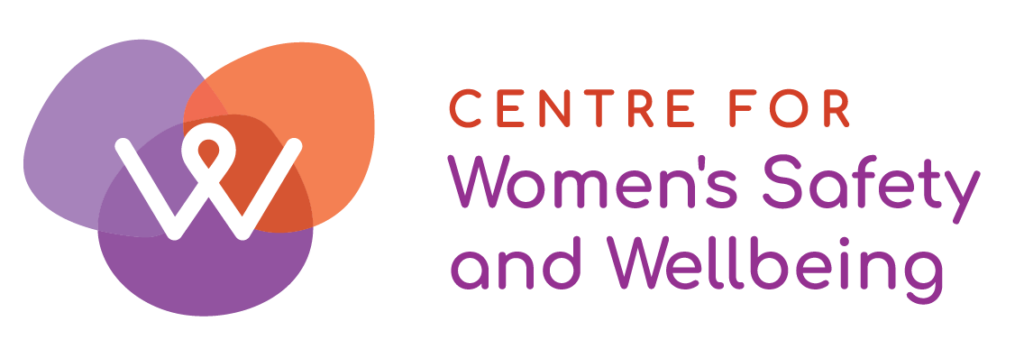
Foundational understanding of intimate partner sexual violence (face to face)
This is a foundational trauma-informed, professional development workshop tailored for practitioners who work in the domestic, family and sexual violence sectors.
About the workshop
Intimate partner sexual violence (IPSV) is a tactic of domestic violence (DV). IPSV is the intentional perpetration of sexual acts without consent in intimate relationships (including cohabiting and non-cohabiting partners, as well as boyfriends, girlfriends and dates). It includes vaginal, oral or anal sex obtained by physical force or psychological/emotional coercion or any unwanted, painful or humiliating sexual acts. IPSV also includes tactics used to control decisions around reproduction, and can include image-based abuse or forced watching of pornography.
IPSV is a significant indicator of escalating frequency and severity of DV. Studies of IPSV show higher incidences of threats to kill an intimate partner than in other abusive relationships. IPSV also puts someone at a much higher risk of being killed, particularly if they are also being physically assaulted.
Providing freely given consent for sexual activity within the context of the perpetration of DV, is, arguably, not possible. This is because the perpetration of DV creates a climate of ongoing fear or control. Research suggests that people experiencing DV cannot safely negotiate contraception or sex and may submit to sex to prevent the escalation of physical violence.
DFV and sexual assault services and responses are often separate and underpinned by different funding models, mandates, goals and practice frameworks. As IPSV victims or survivors present with intersecting issues and diverse needs, both types of services report IPSV as a particularly challenging issue which increases the complexity of providing appropriate service responses.
Studies have shown a lack of attention to IPSV in both DFV and sexual assault services, with some workers in DFV and sexual assault services feeling that IPSV is more compatible with the work of those in the other field. Consequently, women experiencing IPSV are often not accessing the most appropriate support to enhance their safety, wellbeing and recovery.
This workshop will familiarise practitioners with the institutional, social and economic structures; social and cultural norms; and organisational, community, family and relationship practice that are the conditions of IPSVs. Participants will also be introduced to cross-sector co-ordination that supports specialist responses to the specific contexts of IPSV and be provided with a variety of practice strategies to help professionals support their clients.
Learning Objectives:
Define the nature and dynamics of sexual violence within relationships
Use the four-part taxonomy of intimate partner sexual violence to map client experiences and understand sexual control
Identify common issues and impacts for women experiencing intimate partner sexual violence to inform support and referral to appropriate services
Explore potential approaches to improve help seeking for women experiencing intimate partner sexual violence
Apply a variety of practice strategies to support clients experiencing intimate partner sexual violence
Will we cover:
Myths and dynamics of sexual violence within relationships
Guidance on “how to ask” sensitively and building trust
Specific effects and health consequences of IPSV
How best to manage victims’/survivors’ safety
Consider IPSV specifically in all risk assessment and safety management processes and practices as part of DFV risk assessment, and ask separately about IPSV (as distinct from physical abuse); while maintaining sensitivity to diverse communities
Challenges with reporting to police and the justice system
Supports for victim-survivors experiencing IPSV
Who should attend?
This workshop is suitable for practitioners working in the domestic, family or sexual violence sectors.
Cost
This is a free workshop
Register
Register for the workshop via Eventbrite
Download workshop flyer
About the facilitators
This training will be delivered by Dr Alison Evans and Daphne White from the Centre for Women’s Safety and Wellbeing (CWSW), Perth.
Dr Alison Evans
Alison is the Director of Family, Domestic and Sexual Violence at the Centre for Women’s Safety and Wellbeing (CWSW). Alison has substantive knowledge and experience in the area of violence against women, including service provision, policy and legislation, and research and professional development.
Daphne White
Daphne White is the Practice Development Specialist at the Centre for Women’s Safety and Wellbeing (CWSW). She is a qualified professional with over 12 years of experience as a leader and practitioner in the family, domestic and sexual violence sector. She provides professional learning and consultancy across a wide range of areas and topics, however her primary work is around high risk and harm in domestic, family and sexual violence.






Recent Comments